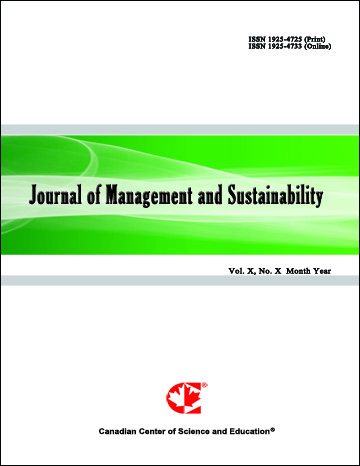Health and Quality of Life of Bangladeshi Migrants in Melbourne—An Analysis with Four Multi-Attribute Utility and Three Subjective Wellbeing Instruments
- Munir Khan
- Jeff Richardson
Abstract
The aim is to investigate the health and quality of life (QoL) of Bangladeshi migrants using 7 Multi-Attribute instruments. Participants for this empirical study comprised Bangladeshi migrants living in Melbourne. Data were collected through a questionnaire survey. Respondents who completed the questionnaire were aged between 18 and 65 years old. Over 50% of the participants possessed excellent or very good health and 83% did not have any significant illness. Both males and females were found to be more overweight but less obese compared with the Australian population. Over 70% had low and 13% had high or very high levels of psychological distressas measured by the K10. The lifestyle of the migrants is distinct—about 80% never drank alcohol or smoked cigarettes. The recently developed AQoL-8D was the most sensitive to psychological distress, the personal wellbeing index and with BMI and had the highest correlation with EQ-5D and SF-6D within MAU instruments. Individual utility scores varied significantly at the individual level. The significant loss of QoL with increasing obesity and psychological distress are areas of concern for policy makers.
- Full Text:
 PDF
PDF
- DOI:10.5539/jms.v3n4p53
Journal Metrics
Google-based Impact Factor (2021): 1.54
h-index (July 2022): 37
i10-index (July 2022): 147
h5-index (2017-2021): 12
h5-median (2017-2021): 19
Index
- Academic Journals Database
- ANVUR (Italian National Agency for the Evaluation of Universities and Research Institutes)
- CAB Abstracts
- CNKI Scholar
- EconBiz
- Excellence in Research for Australia (ERA)
- GETIT@YALE (Yale University Library)
- Harvard Library
- HeinOnline
- Infotrieve
- JournalTOCs
- LOCKSS
- MIAR
- PKP Open Archives Harvester
- RePEc
- Scilit
- SHERPA/RoMEO
- Stanford Libraries
- UCR Library
Contact
- Evelyn XiaoEditorial Assistant
- jms@ccsenet.org
